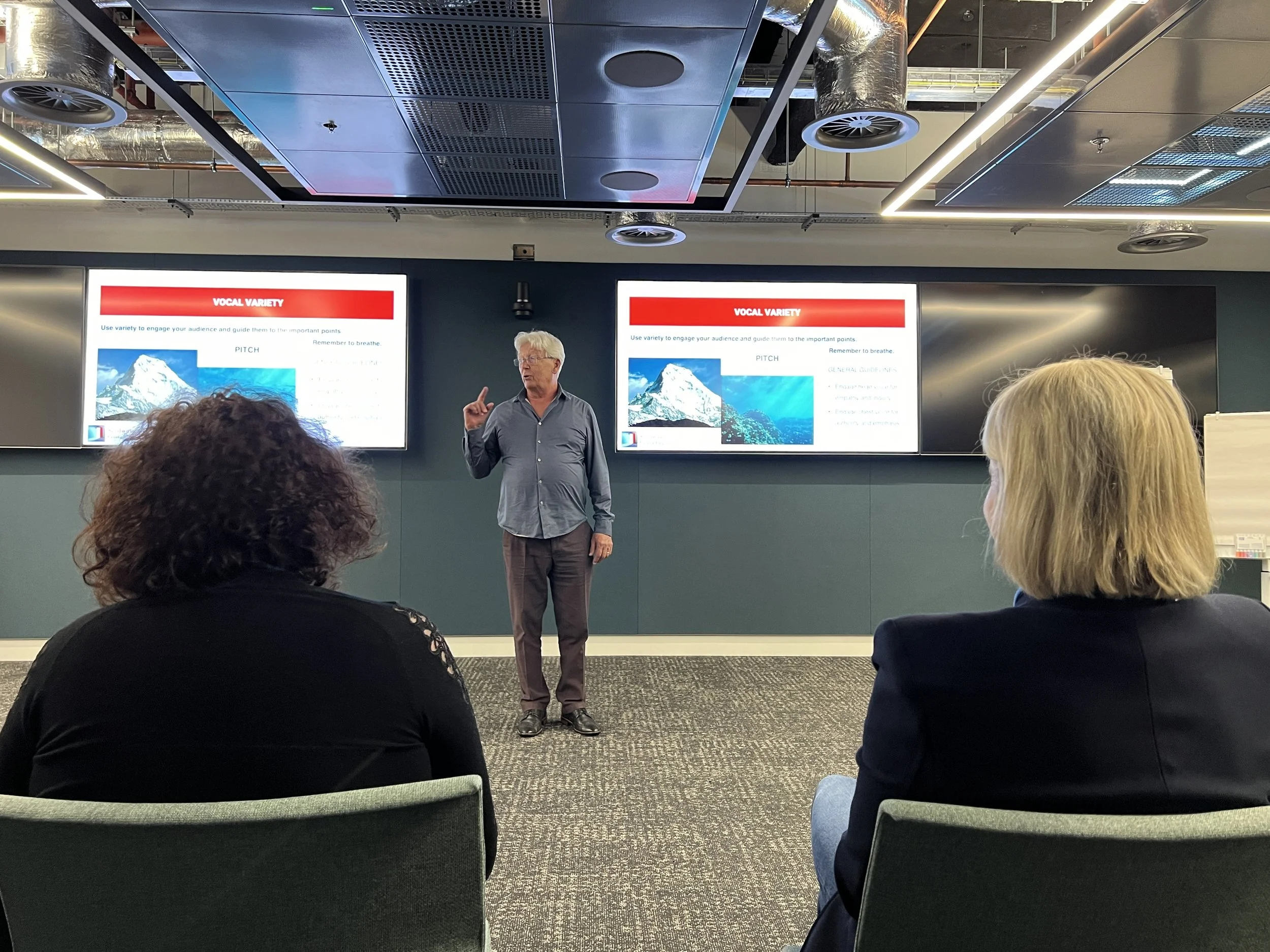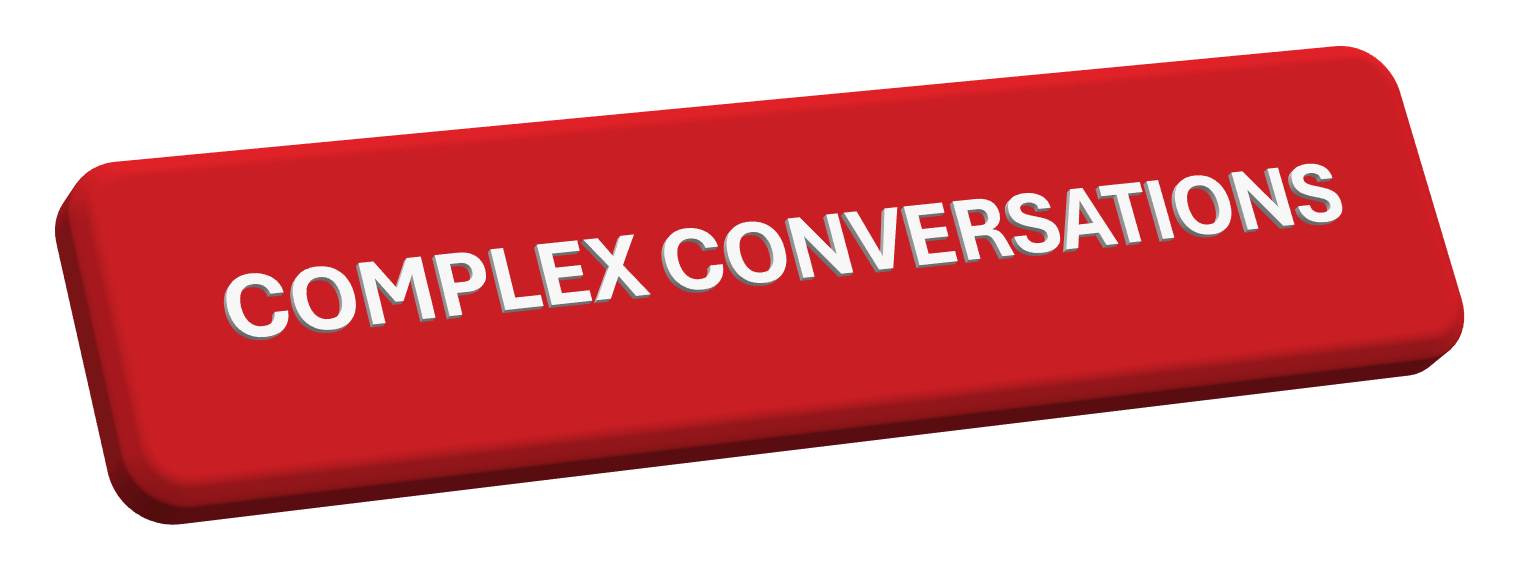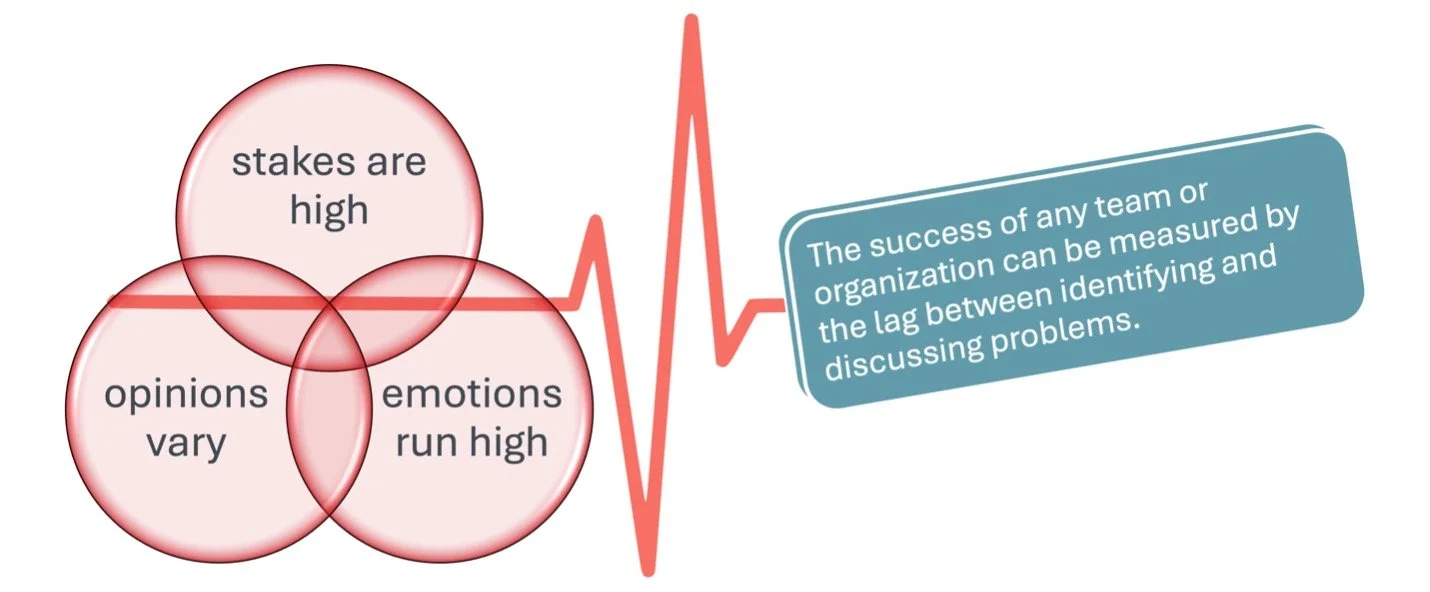PROGRAM 2
Expanding Leadership Capabilities
The second program can be delivered on a standalone basis if desired. Generally speaking, it is designed to be conducted as a follow-on to the first program over two half-days.

We begin by reinforcing the communication practices of our highly successful and highly regarded Program 1 on Creating Powerful Presence through the Art of Conversation.
“The refresher on effective messaging was great because it hones the key competency of communication which is core to my role.”
All leaders have a ‘go to’ style of leadership. We call this their Ace Card. We first explore each individual’s ace card, what it is and why they predominantly use it. We then articulate the different styles of leadership, why it is important to develop leadership agility and when it is appropriate to utilize each style.
“Being aware of how to flex leadership styles is extremely valuable because the manner in which we show up and lead in our role varies depending on our relationship with our team lead, team dynamics and our audience.”
At the core of leadership is self-awareness which is why leadership agility is connected to EQ. A company that prioritizes Emotional Intelligence (EQ) is 22x more likely to perform better than companies that do not.
Being able to recognize, understand, manage and effectively use one’s own emotions as well as understand those of others is an essential element in enhancing your leadership agility and ability to manage complex conversations.
“I was able to identify scenarios where my natural democratic leadership style is not the best fit for the situation and practice flexing into the less natural leadership styles (especially commanding).”
We often tend to avoid complex conversations because we fear we might make a difficult situation worse. But rarely does the situation right itself. Mostly it just starts to fester.
“The discussion on complex conversations was key. These come up all the time and are so stressful to have, so having true techniques on specific things to say or ways to talk in a mutually respectful way to get to a common understanding is really helpful to prepare for these high-stress situations.”
Instead, we explore approaches that foster an atmosphere of collaboration and productive resolution instead. The needs of each cohort determine the kinds of complex conversations we cover.
Negotiation skills are mandatory for leaders — the ability to listen, to think under pressure and to clearly articulate a point of view.
Conducting successful negotiations makes building up common value steadily over the course of extremely contentious and complex conversations an important strategy to learn.
“I found the negotiation training most useful as more often than not I am negotiating with my strategic alliance partner.”
What Program 2 participants are saying










